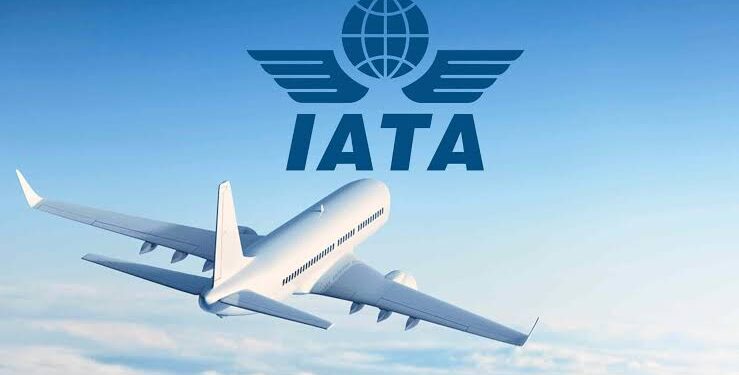The International Air Transport Association (IATA) has hailed the Nigerian government for clearing 98 percent of airlines’ trapped funds, which the carriers had not been able to repatriate. This significant financial resolution was acknowledged by IATA’s director-general, Willie Walsh, in a statement on Sunday.
Why It Matters
The clearing of these trapped funds is crucial for the stability and continued operations of airlines in Nigeria. At its peak in June 2023, Nigeria’s blocked funds amounted to $850 million, significantly affecting airline operations and finances. The inability to repatriate revenues in U.S. dollars has forced airlines to reduce their operations, thereby impacting the overall air connectivity and economic benefits that come with it.

This move by the Nigerian government and the Central Bank of Nigeria (CBN) to address the issue is expected to restore confidence among international carriers and improve air travel services for individual Nigerians and the economy.
What They Are Saying
Willie Walsh, IATA’s director-general, highlighted the financial impact of the blocked funds and praised the Nigerian government’s efforts:
“At its peak in June 2023, Nigeria’s blocked funds amounted to $850 million, significantly affecting airline operations and finances in the country. We commend the new Nigerian government and the CBN for their efforts to resolve this issue. Individual Nigerians and the economy will all benefit from reliable air connectivity for which access to revenues is critical.”
Mr. Walsh emphasized the importance of clearing the remaining $19 million and continuing to prioritize aviation to ensure ongoing improvements. He also noted a broader decrease in airline funds blocked globally, with a 28 percent reduction since December 2023, primarily driven by Nigeria’s significant clearance. However, he pointed out that the remaining $1.8 billion in blocked funds worldwide still needs urgent attention.
Walsh provided an overview of other countries with significant blocked funds, emphasizing the ongoing global issue:
Countries with significant blocked funds:
Pakistan ($411 million for 40 months), Bangladesh ($320 million for 40 months), Algeria ($286 million for 37 months), the XAF Zone ($151 million for 50 months), Ethiopia ($149 million for 58 months), Lebanon ($129 million for 52 months), Eritrea ($75 million for 116 months), and Zimbabwe ($69 million for 84 months).
Bottom Line
The Nigerian government’s action to clear 98 percent of airlines’ trapped funds marks a significant step towards stabilizing the aviation sector in the country. By ensuring that airlines can repatriate their revenues, Nigeria is likely to see improved air connectivity, which will benefit both the economy and individual travelers. The remaining $19 million should be cleared promptly, and ongoing efforts to prioritize aviation will be crucial for sustaining these positive developments.

















